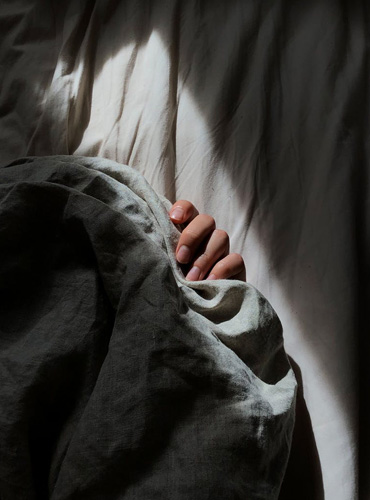Epilpesy and Sexual Function Impairment
Impairment is more common in people with epilepsy than those who have other neurological disorders. It is estimated that up to one third of people with epilepsy experience problems directly related to sexual desire and arousal. The reasons for sexual dysfunction in relation to the person who has epilepsy vary from psychological problems to neurological and Endocrinal factors.
Low self esteem can be a major factor in so much as some people subject to seizures find it difficult to comprehend that others could find them sexually attractive and so they limit their social contacts and miss out on opportunities to mix in normal social circles.
Quite a lot of people worry that the exertion of sexual activity may precipitate a seizure particularly if there is a history of seizures being provoked by hyperventilation or exertion. They understandably avoid what to them is an obvious trigger.
Sexual desire can be suppressed by anxiety or depression and, since people with epilepsy can become depressed and anxious, for those affected in such a way it is hardly surprising that they do not experience normal levels of desire.
Both women and men can, whilst having normal levels of desire, experience problems with sexual arousal. Studies have shown that women with epilepsy experience a higher incidence of dyspareunia (pain during intercourse), lack of vaginal lubrication and vaginismus (painful spasms during intercourse) . These problems are more likely to be attributed to physical rather than psychological causes. The same is true of men who have trouble in sustaining erections to achieve ejaculation.




